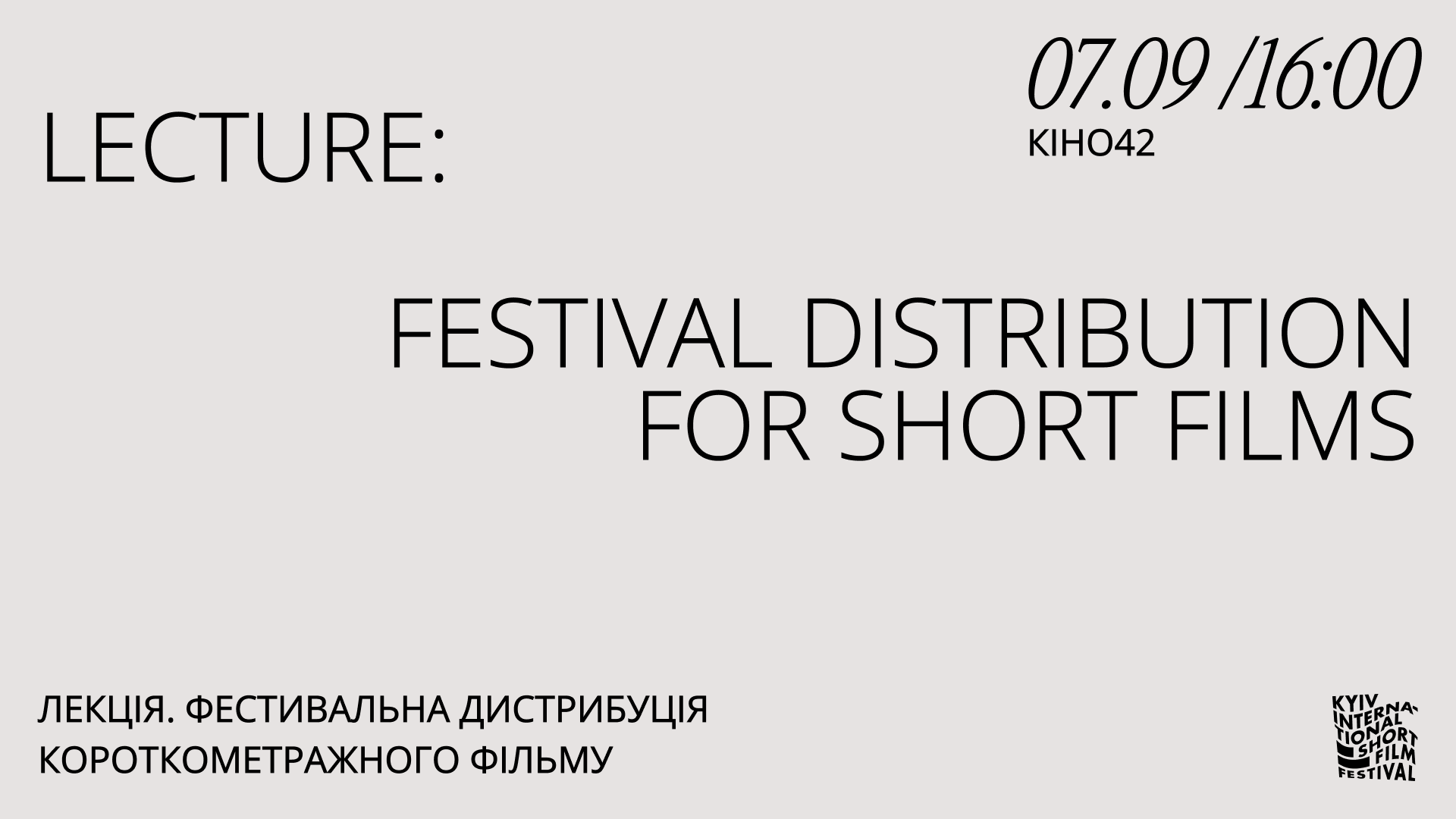How can institutions ensure that women and queer people gain not only visibility but also true agency?
This conversation focuses on practical support and tools that allow filmmakers to realize their projects, expand their networks, and grow creatively, economically, and mentally.
The full-scale war has thrown filmmakers into old-new challenges: a lack of resources and a shortage of personnel. The once-joking phrase about the “female face” of the Ukrainian film industry takes on a new meaning — with more and more male professionals mobilized, it is women who are left to keep the industry running.
Do you have an idea for a short film? Or maybe even a finished script? At the very start of production, you’ll need to look for resources and pitch your project many times in different formats. But what kinds of presentations are there? How do you gather the right information about your film and turn it into a convincing pitch?
How can one process traumatic experience and turn it into a film? Anastasia Falileieva, the director of I Died in Irpin, will talk about the work on the animated short that won the main award at KISFF last year.
Florian Fernandez, head of SFC | Rendez-vous Industry at the Cannes Film Festival, will share his experience and advice with filmmakers at the beginning of their careers, as well as with everyone interested in the inner workings of Cannes’ industry section.
Where can you find funding for your short film project? Producers will share both classic and alternative sources of financing, drawing on their own case studies and experiences.
Your short film is finished, but you don’t know what to do with it next? Parents and friends have watched it — and that’s it? Maybe it’s a coursework or a graduation project collecting dust on the shelf after the defense ceremony? Meanwhile, it could be traveling to festivals in Ukraine and around the world! How to make that happen — filmmaker, producer, and festival distributor Valeriy Hrysha shares his experience.







